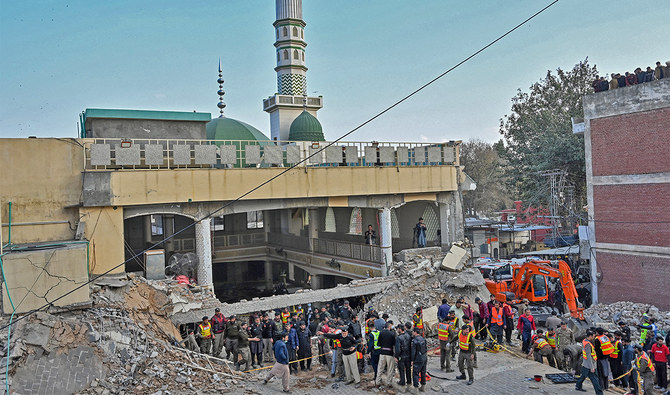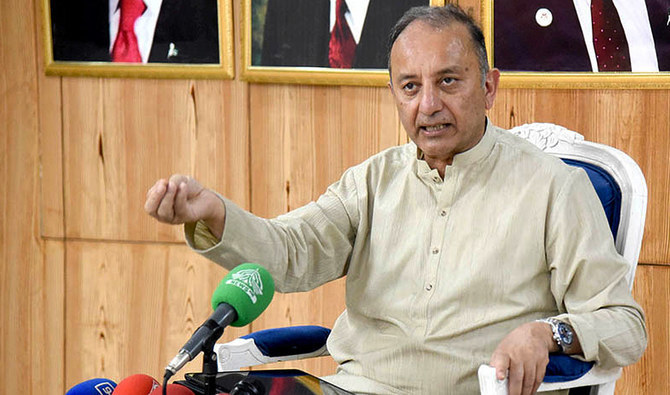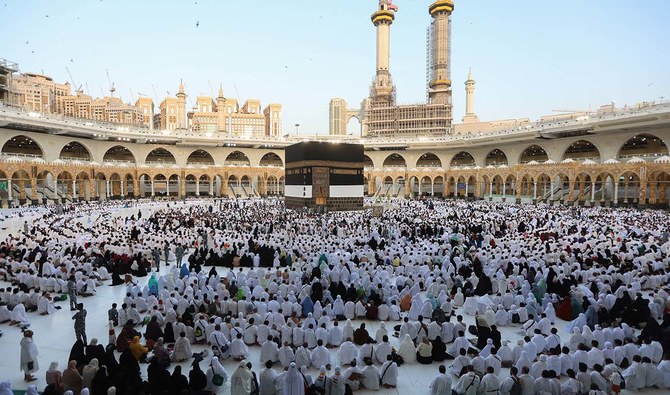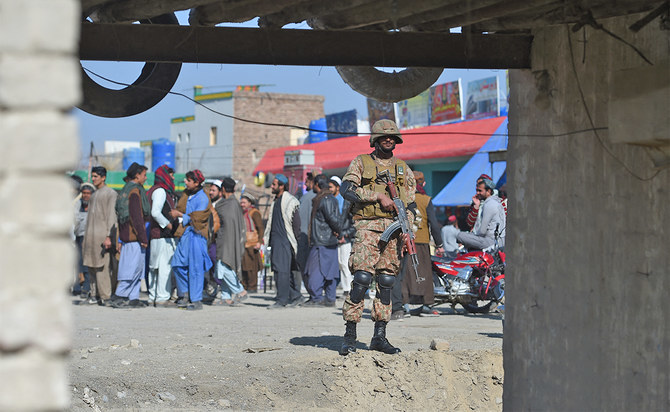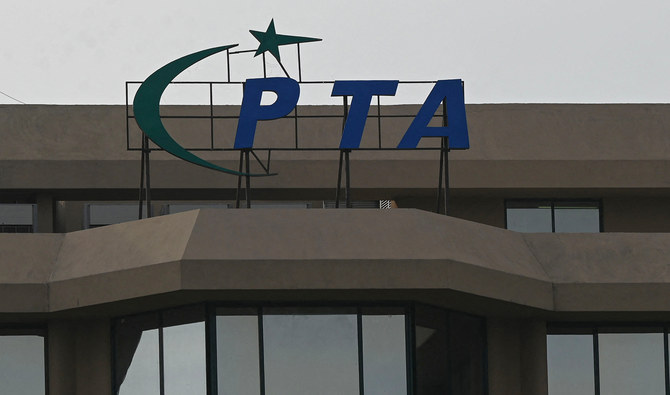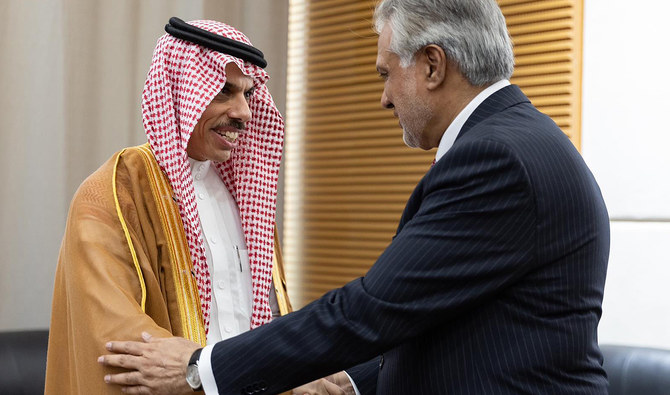PESHAWAR/KARACHI: The death toll from Monday’s bomb blast at a mosque in the northwestern city of Peshawar surged to 100 on Tuesday, said a senior government functionary, as conflicting accounts emerged from the Pakistani Taliban over a claim of responsibility.
Police said up to 350 worshipers were gathered for afternoon prayers when the explosion occurred at a mosque located inside a compound where the headquarters of the provincial police are located. Peshawar Commissioner Riaz Mehsud has said it was premature to call the attack a suicide bombing.

“Death toll into the mosque bombing has reached 100 now,” he told Arab News. “Rescue operation will be completed very soon, very soon, and it will be done today. We have to remove debris from the blast site very carefully because last night we pulled out an injured person from the wreckage.”
Akbar Khan, an official working for the social welfare organization Edhi Center in Peshawar said its volunteers and those from other charities such as Rescue-1122, Chippa and Al-Khidmat were still carrying out rescue work:
“Hopefully, the rescue operation will be completed today.”
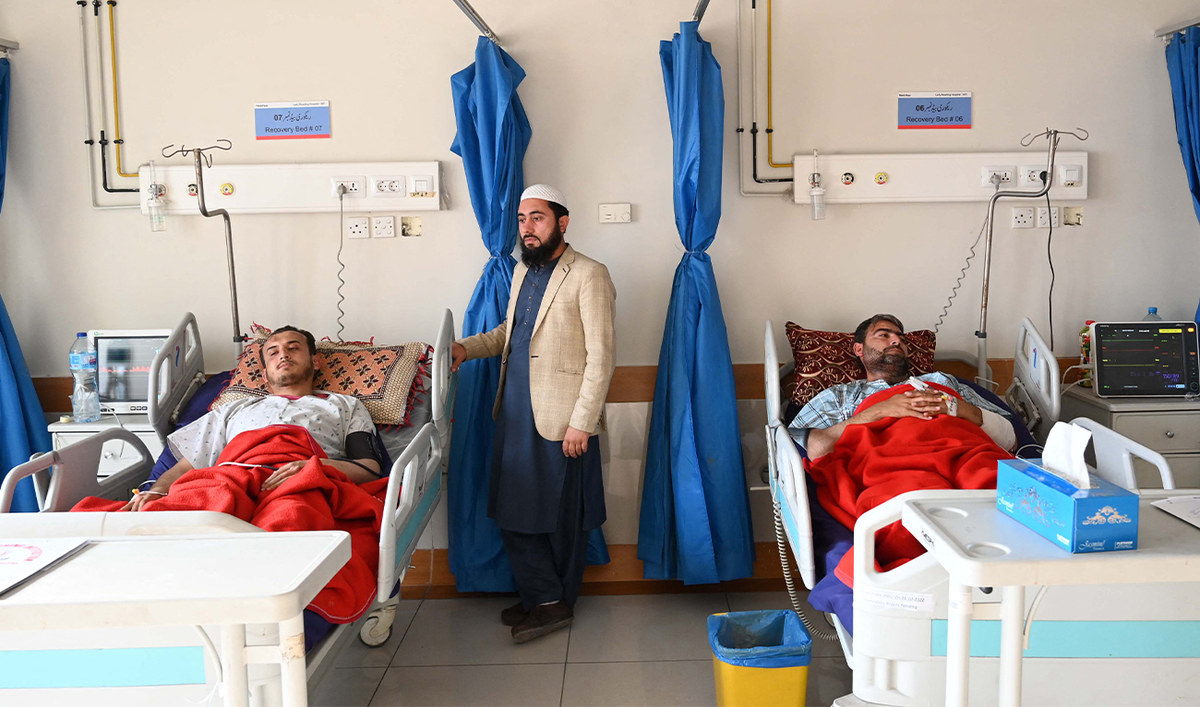
Wounded policemen get treated at a military hospital a day after the mosque blast inside the police headquarters in Peshawar on January 31, 2023. (AFP)
Funeral prayers for the policemen who died in the blast were held on Monday night, police in the northwestern Khyber Pakhtunkhwa province said on Twitter.
On Monday night, the Pakistani Taliban group said the militant group was not behind the explosion while one commander of the group said on Twitter the outfit was responsible for the latest assault.
“Tehreek-e-Taliban Pakistan (TTP) has nothing to do with this incident,” the group said in a statement shared with journalists. “Any action in mosques, madrasas, funeral homes and other sacred places is an impeachable crime.”
However, TTP commander Sarbakaf Mohmand claimed responsibility for the attack in a post on Twitter. His account has since been suspended.
While the TTP as a group denied responsibility for the bombing, it has recently carried out similar attacks, with assaults on the rise since last November when the outlawed outfit called off a cease-fire signed with the government in May.



